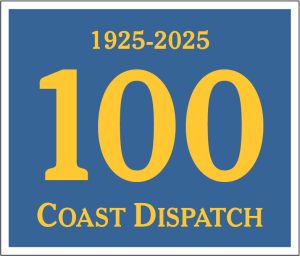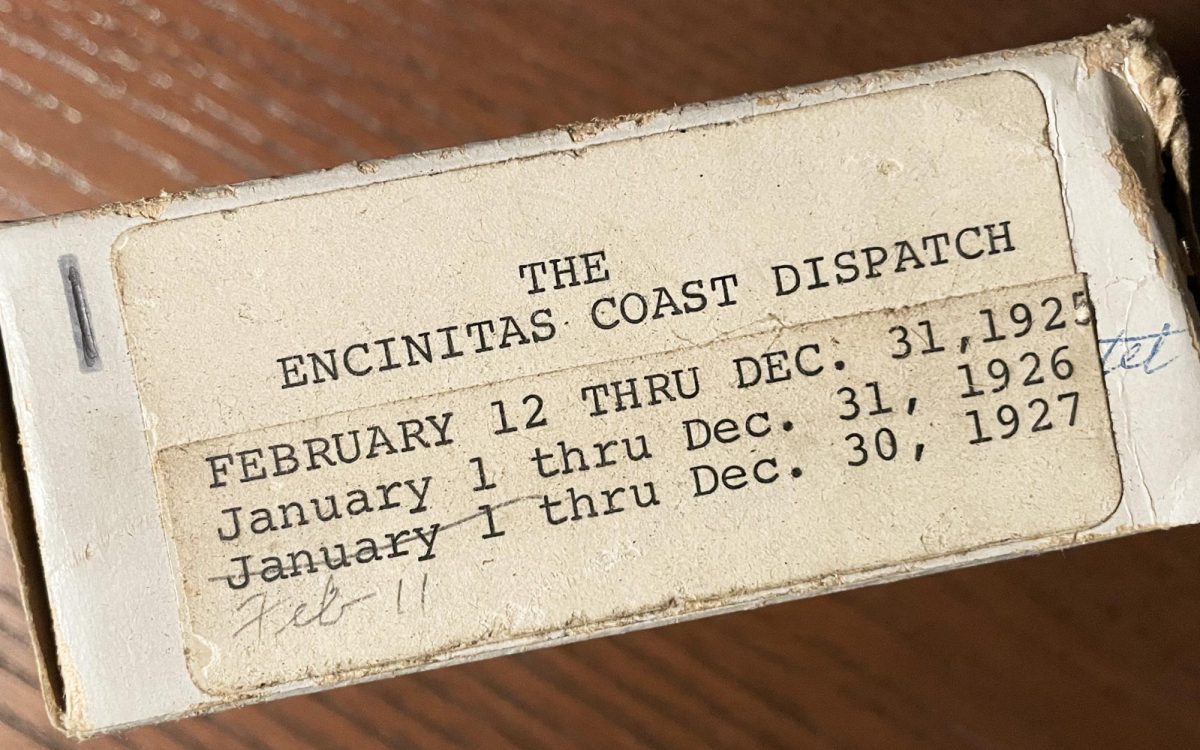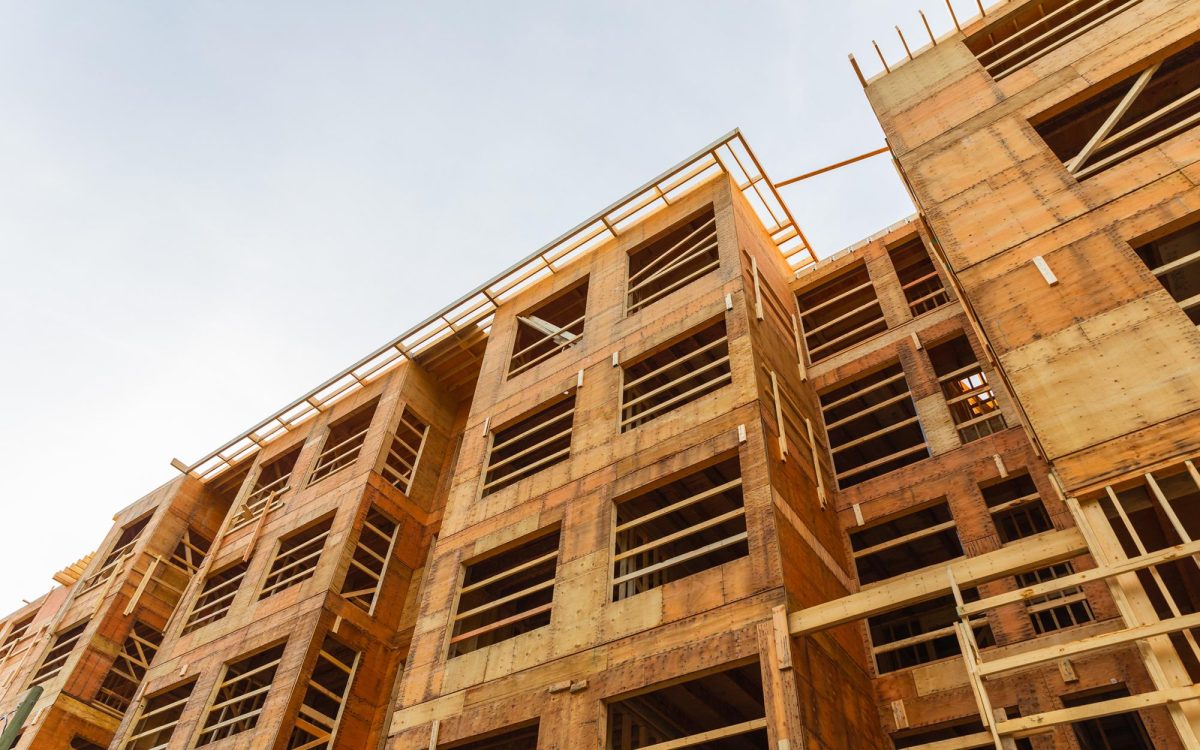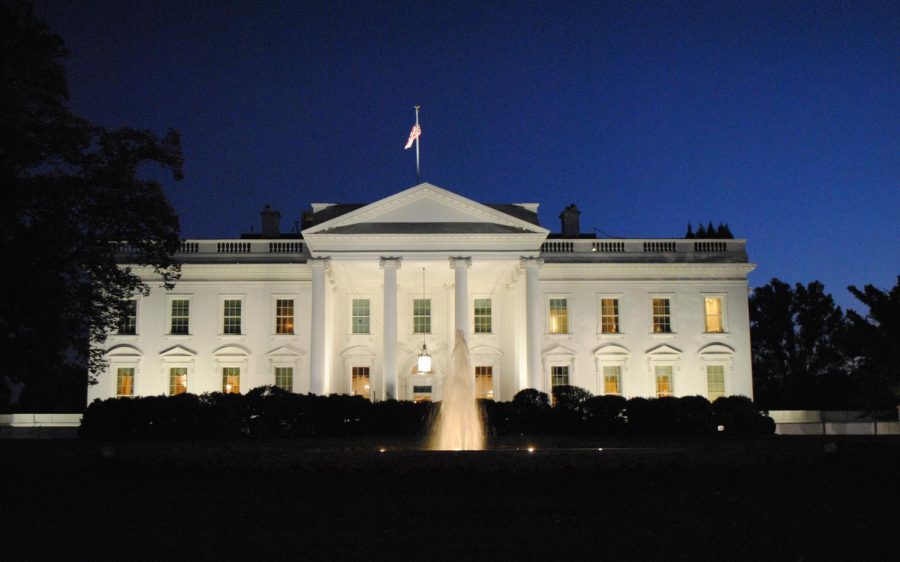When people dig into the history of 2025 a hundred years from now, what will they find?
Possibly — maybe even likely — little to nothing.
For me, the timing of this question is notable as a state effort to preserve California’s newspaper heritage comes to Encinitas to preserve the archives of the Coast Dispatch.
When I purchased the longtime community newspaper’s microfilm from its last owner back in 2005, thus folding its history into the North Coast Current, my hope had always been to see those pages scanned and made available to the public in time for 2025, the Coast Dispatch’s 100th anniversary. That was easier said than done, until now.
Within the past two weeks, I was contacted by the Encinitas Historical Society and the University of California Riverside’s Center for Bibliographical Studies and Research seeking permission to scan decades of issues. I wholeheartedly said yes.
 Within about a year, scanning of the entire Coast Dispatch collection should be complete as part of a partnership between the California Digital Newspaper Collection and Ancestry.com. For the paper’s 100th anniversary, it’s a feat that I thought wouldn’t happen in time.
Within about a year, scanning of the entire Coast Dispatch collection should be complete as part of a partnership between the California Digital Newspaper Collection and Ancestry.com. For the paper’s 100th anniversary, it’s a feat that I thought wouldn’t happen in time.
My concern now is for the future, specifically the history of today that those who follow us will find.
The ‘disappearing internet’ and ‘link rot’
If the idea of the “disappearing internet” has any merit — and I believe it does — the record of our events today might not last beyond a decade. It’s a notion that’s gaining traction among digital media observers and critics.
A 2024 Pew Research study found that about 25% of all web pages that existed at some point between 2013 and 2023 are no longer accessible. Most often, the information was lost because an individual page was deleted or removed on a still-functional website. Pew also found that about 38% of web pages that existed in 2013 are not available now. Compare that to 8% of pages that existed as of 2023.
In addition, Pew found that 23% of news web pages contain at least one broken link. The problem is not limited to news, either. Government websites face the same problem.
“News sites with a high level of site traffic and those with less are about equally likely to contain broken links,” Pew reported. “Local-level government web pages (those belonging to city governments) are especially likely to have broken links.”
These findings illustrate the challenge that modern media outlets face now and for the future — how much history will there be to look back on?
“Many believe the internet, unlike physical newspapers, offers a permanent archive of information. However, the reality is starkly different,” digital education startup Dive stated in reaction to Pew’s report. “The disappearance of 38% of web pages translates to 4 out of 10 pages no longer existing. This loss encompasses countless stories, valuable research, and useful information that once populated the digital landscape. The transient nature of digital content challenges the perception of the internet as a perpetual repository of knowledge.”
I have observed this challenge on an anecdotal level.
When I purchased OsideNews and folded it into the North Coast Current in February 2022, the eventual migration of its content to the Current’s service provider resulted in lost and mixed material. I discover and correct mismatched OsideNews stories and photos to this day. In some of those cases, the relinking of the proper images to stories is no longer feasible. Original OsideNews owner Steve Marcotte also lamented his own loss of photography and stories after site migrations and technical glitches.
Embedded reference links in stories for both the Current and OsideNews dating back 15 years are also increasingly inaccurate, known as “link rot.”
When The San Diego Union-Tribune’s most recent owner, Southern California News Group, changed the newspaper’s website over to its own system in June 2024, writers’ bylines on stories from the former North County Times (including mine) and others were stripped to a neutral “By San Diego Union-Tribune.”
The Wayback Machine from the Internet Archive — the microfilm of the web — is not a full solution for these problems. News sites are often partial. Others never make it to the Wayback Machine at all. The archive was itself the target of a significant attack in October 2024 that shut it down for a time.
Personally, if I had the resources, the North Coast Current and OsideNews would be print publications. But that, too, has challenges given economic and social trends.
What’s ahead for the Coast Dispatch archives
 Combined, this places even more importance on the archives of past publications such as the Coast Dispatch. Thanks to the California Digital Newspaper Collection, at least its 100 years can be scanned and made available to the public while still existing in physical form.
Combined, this places even more importance on the archives of past publications such as the Coast Dispatch. Thanks to the California Digital Newspaper Collection, at least its 100 years can be scanned and made available to the public while still existing in physical form.
In late January, thanks to a connection from friend and colleague Scott Chatfield, I was put in touch with Encinitas Historical Society archivist Hillel Schwartz, who was seeking information about the Coast Dispatch’s archives for eventual inclusion in the California Digital Newspaper Collection.
That brings us to Feb. 12, 2025 — a century to the day of the paper’s first edition.
The Coast Dispatch’s full archives can now be scanned and made available, eventually through the California Digital Newspaper Collection but first through Newspapers.com in partnership with Ancestry.com. My understanding is that the scanning of the microfilm (through the 1990s) will take about a year.
“As archivist for the Encinitas Historical Society, I have been pressing for the digitization of the complete run of the Coast Dispatch,” Schwartz told me. “Once it is searchable online, it will be an exceedingly rich source of stories and photographs for the many generations who have lived and worked in any of the communities that now comprise Encinitas.”
It’s the best anniversary present the Encinitas Coast Dispatch could get. But will there be any history of today to celebrate tomorrow?
Roman S. Koenig is editor and publisher of the North Coast Current.
Columns are the opinions of the writer and do not necessarily reflect the opinions of North Coast Current ownership. Comment below or submit letters to the editor at letters[at]northcoastcurrent.com.







